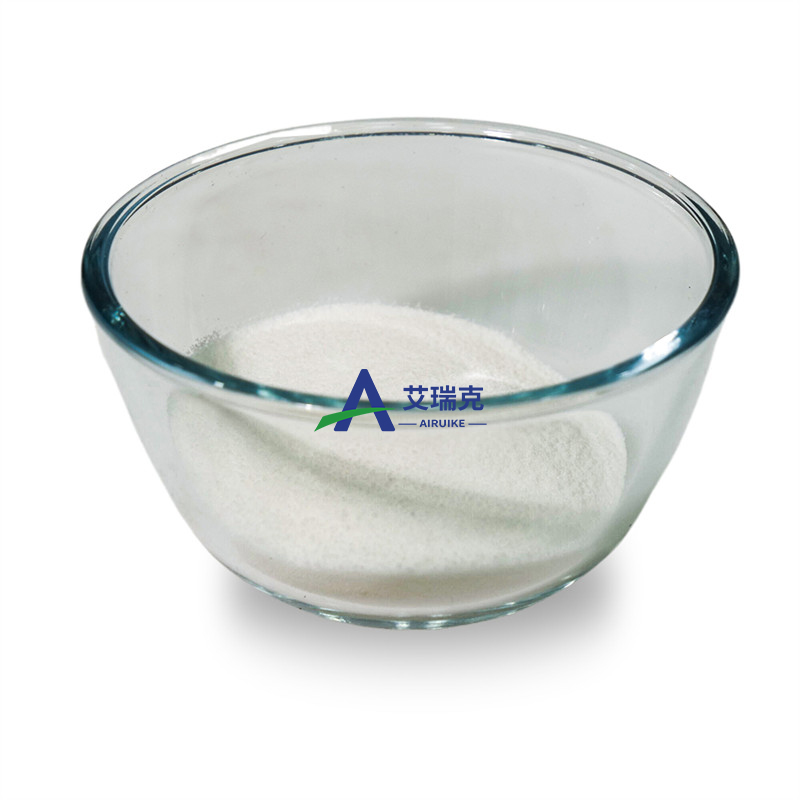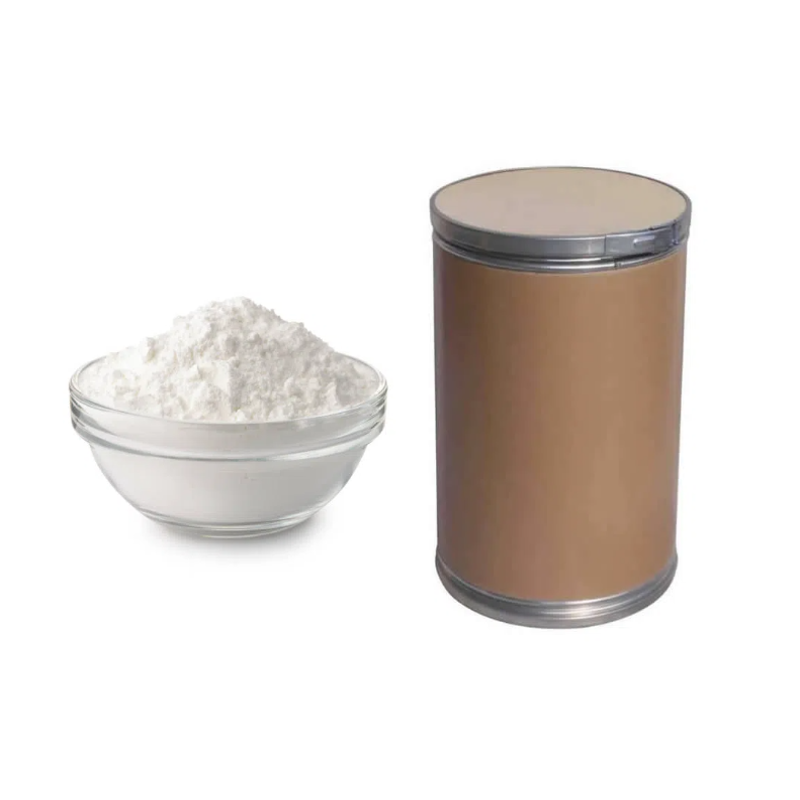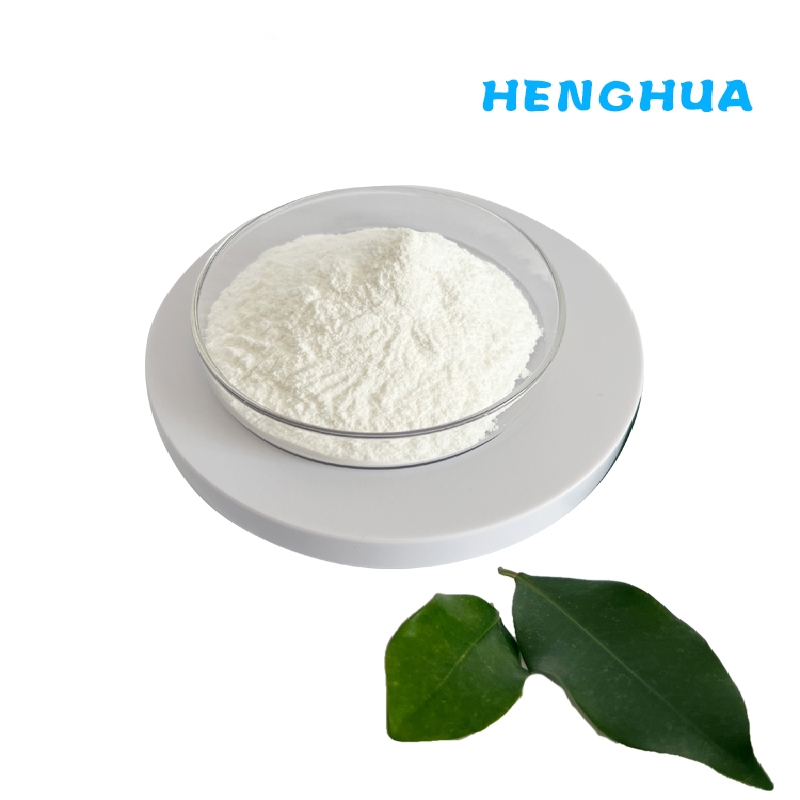-
Categories
-
Pharmaceutical Intermediates
-
Active Pharmaceutical Ingredients
-
Food Additives
- Industrial Coatings
- Agrochemicals
- Dyes and Pigments
- Surfactant
- Flavors and Fragrances
- Chemical Reagents
- Catalyst and Auxiliary
- Natural Products
- Inorganic Chemistry
-
Organic Chemistry
-
Biochemical Engineering
- Analytical Chemistry
-
Cosmetic Ingredient
- Water Treatment Chemical
-
Pharmaceutical Intermediates
Promotion
ECHEMI Mall
Wholesale
Weekly Price
Exhibition
News
-
Trade Service
Guide
The relationship between vitamin D levels and urinary incontinence in humans remains controversial
.
In view of the general vitamin D deficiency and high incidence of SUI in premenopausal women, foreign researchers designed a randomized controlled trial to explore the effect of
vitamin D supplementation on SUI in premenopausal women.
Stress urinary incontinence (SUI) is the most common type of urinary incontinence, which occurs when intra-abdominal pressure rises (eg, sneezing, coughing, and exercise), and premenopausal women are more likely to develop SUI
due to endocrine disorders, age, pelvic floor muscle weakness, and other factors.
The key to treating SUI is to enhance the strength and function of the patient's pelvic floor muscles, and existing methods include pelvic floor muscle training (Kegel training), bladder training, etc
.
Vitamin D has the potential to improve pelvic floor muscle strength, and research data have reported that higher vitamin D content in humans is associated with a lower prevalence and incidence of urinary incontinence, and it is worth exploring
whether it can alleviate SUI in premenopausal women.
This was a double-blind, placebo-controlled, randomized controlled trial in which investigators selected and included 60 premenopausal (40-49 years) women with confirmed SUI serum vitamin D levels below 30 ng/mL referred to Kerman University Gynecology Clinic in 2020 to 2021 who received 5000 IU of vitamin D3 supplements or placebo per week for 3 months.
The primary outcome measure was the severity
of SUI before and after the intervention, as assessed by the International Standard Urinary Incontinence Questionnaire (ICIQ-SF).
In addition, participants in both the intervention and placebo control groups participated in guided Kegel training
.
At baseline and four weeks post-intervention, there were no significant differences
between the intervention and control groups in SUI severity scores and SUI impact on quality of life scores.
At 8 and 12 weeks after the intervention, SUI severity scores and SUI impact on quality of life scores in the intervention group were significantly lower than those in the control group (P<0.
001).
In addition, the number of SUI and urinary leakage symptoms was significantly reduced in the intervention group after vitamin D supplementation (P<0.
001).
Table 1 Comparison of SUI severity and impact on quality of life between the two groups
The results of this study suggest that vitamin D improves SUI in premenopausal women, and its effect may be influenced by the patient's baseline serum vitamin D level, type of vitamin D supplementation, and duration of administration
.
Therefore, clinicians may screen premenopausal women with SUI for serum vitamin D levels and give them vitamin D intervention for > 8 weeks, taking care to prevent drug overdose
.
References:
[1] Shahraki SK, Emadi SF, Salarfard M, Chenari Z, Tadayyonfar F, Alikamali M.
Effect of vitamin D supplementation on the severity of stress urinary incontinence in premenopausal women with vitamin D insufficiency: a randomized controlled clinical trial.
BMC Womens Health.
2022 Nov 4; 22(1):431.
doi: 10.
1186/s12905-022-02024-1.
PMID: 36333692; PMCID: PMC9636788.
This platform is designed to deliver more medical information
to healthcare professionals.
The content published on this platform cannot replace professional medical guidance in any way, nor should it be regarded as diagnosis and treatment advice
.
If such information is used for purposes other than understanding medical information, this platform does not assume relevant responsibilities
.
The content published by this platform does not mean that it agrees with its description and views
.
If copyright issues are involved, please contact us and we will deal with
it as soon as possible.







